SAN JUAN, Puerto Rico — A health care worker becomes the bridge between a father with dementia here in San Juan and his daughters on the U.S. mainland. A church starts a charity to coordinate emergency and long-term services for elders. A 74-year-old woman can only watch as her once bustling hometown, with one of the island’s highest concentrations of older adults, starts to fade.
Puerto Rico is aging faster than most places on earth. Exacerbating the pattern is the exodus of more than 700,000 working-age Puerto Ricans — aged 20 to 64 — in the last 15 years, according to Amílcar Matos-Moreno, a post-doctoral researcher at Pennsylvania State University’s Population Research Institute.
The U.S. territory is the first place, according to Matos-Moreno, that is experiencing such rapid aging of its population because of recent migration.
Older adults who would traditionally rely on multigenerational family networks now find themselves alone with fewer or no close relatives and more dependent on caregivers and social service institutions. The biggest challenge is determining who navigates and coordinates essential services for aging Puerto Ricans when they can’t advocate for themselves.
Mayra Ortiz Tapia, a clinical gerontologist, believes that “95% of families in Puerto Rico are dealing with this” right now.
Close to 741,000 Puerto Ricans are 65 or older, according to U.S. census data. That’s roughly a quarter (22.7%) of the island’s total population, making its share of older adults the 10th highest in the world, according to Matos-Moreno.
“Puerto Rican society didn’t prepare itself to deal with such a significant increase in elders, and furthermore, for our elders to live longer,” Carmen Sánchez Salgado, Puerto Rico’s ombudsman for the elderly, said in Spanish. “Our government doesn’t have enough resources to meet their needs.”
Caretaking from abroad is ‘difficult’
Nearly half of adults over 65 on the island (48%) had at least one adult child living outside of Puerto Rico in 2007. That number is probably much higher now, Matos-Moreno said, after a cascade of turmoil, including a financial crisis, hurricanes, earthquakes, a political upheaval and the Covid-19 pandemic, has resulted in more island residents migrating to the mainland.
The situation is compounded with an additional set of challenges stemming from lower birth rates and longer life expectancy, Sánchez Salgado said.
“Being the caretaker of your parent while living abroad is difficult,” Yarín Mera, 40, a product designer in San Francisco, said.
Over a year ago, Mera’s 85-year-old father called her after getting disoriented while driving in San Juan. The alarming call sent Mera on a frantic internet search to see what she could do for her father from more than 3,000 miles away.
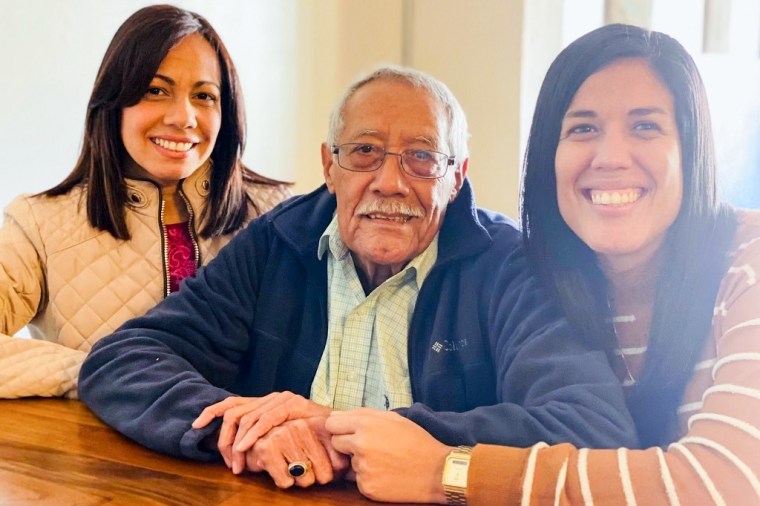
The frustrating experience quickly made her realize she was facing a disjointed service landscape that was often tough to navigate as people are forced to toggle among government agencies, health insurance companies and private organizations, Mera said.
Managing the pressure of ensuring that her father is well taken care of “is very complicated,” she said.
Ortiz Tapia, the gerontologist, helped Mera sketch a short-term plan to tackle her father’s immediate needs. The first step was getting him to see a neurologist. Mera’s extended family on the island accompanied him to the initial appointment. Eventually, Mera and her older sister, who lives in Georgia, took turns traveling to the island for his follow-up doctor’s visits.
“It was evident he couldn’t be on his own,” Mera said.
To bypass the long waiting lists for housekeeping and other at-home services, Mera started asking nurses at the cardiovascular hospital where her dad gets his check-ups if they knew of anyone available to help her father at home. She was able to get two part-time caregivers on a rotating basis five days a week.
Mera’s father was recently diagnosed with early stages of Alzheimer’s disease, prompting the sisters to start creating a long-term plan.
“We know that, eventually, my dad is going to have to move to a nursing home,” Mera said. “But for now, we’re trying to take it month by month.”

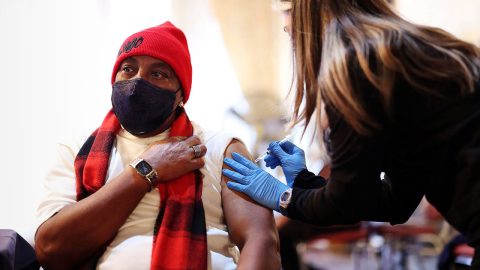
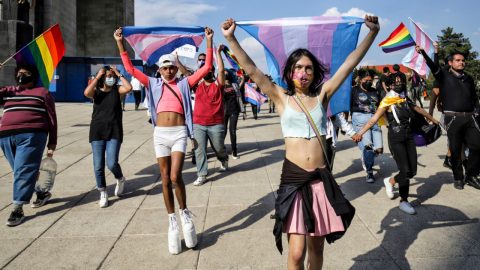

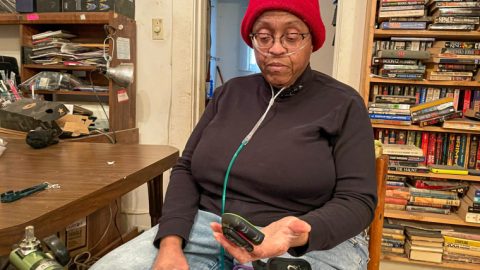



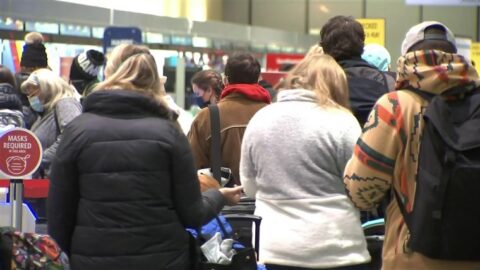
Recent Comments